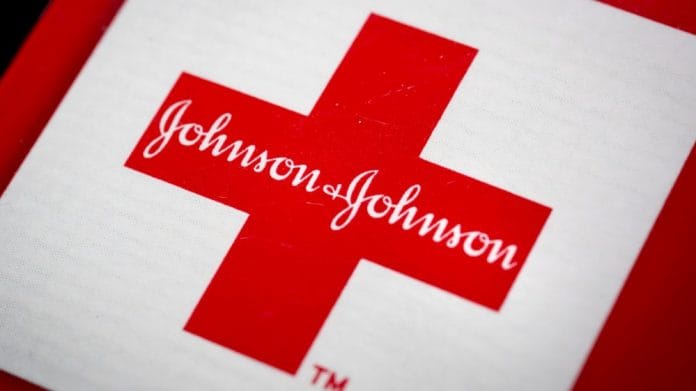Government says Johnson & Johnson has put it ‘in writing’ that it will pay aid but firm remains vague in its response on the subject.
New Delhi: The Modi government has claimed that pharmaceutical major Johnson & Johnson has put it “in writing” that it will pay compensation — at least Rs 20 lakh — for the faulty hip implants it sold in the country, but the company remains non-committal on the issue.
India does not have a law that can compel the American firm to pay compensation.
But Eswara Reddy, the drug controller general of India (DCGI), the apex health regulator, told ThePrint Johnson & Johnson has “put in writing” that it will pay compensation as decided by an expert committee examining the issue, which the government set up last month.
“The company will not have a choice of rejecting the decided compensation and we have it in writing. The minimum amount of compensation is Rs 20 lakh,” Reddy said.
A Johnson & Johnson spokesperson, however, told ThePrint over telephone that the company “will respect the (expert) committee’s decision” on the quantum of compensation.
But in a subsequent email response, the firm did not confirm or deny if it had agreed to pay the amount that will be decided by the expert panel.
Also read: Pfizer’s Viagra patent set to end in the US, Indian pharma firms sense huge opportunity
“We are committed to assisting the expert committee that is developing a process for providing further support and compensation for ASR patients,” the company said in the response.
“This is with the goal of ensuring adequate resources are in place to assess each patient’s case and ensure that each person receives the appropriate level of support under the program”.
Johnson & Johnson had sold in India, through a subsidiary, the faulty Articular Surface Replacement (ASR) hip implants that it recalled globally in 2010. Around 4,700 surgeries in India had been conducted using the faulty systems between 2004, when it began to import the device, and 2010.
Period of reimbursement another issue
Another likely sticking point is on the reimbursement that the company has offered to pay patients who had been fitted with these faulty implants.
Under its reimbursement programme, the company was to pay money to patients (fitted with these implants) for screening, testing, and revision surgeries. But the deadline for claiming the reimbursement is 2020.
Last month, the DCGI had asked the multinational pharmaceutical major to extend its reimbursement programme, “only” for the revision surgeries, till 2025.
“It is quite a high-level set of instruction and we need to get back to the committee about it… We are still thinking and we might need to dive into further details (about the extension),” the company spokesperson told ThePrint.
The company also claimed it had reimbursed 1,080 patients for testing and monitoring and another 277 for the cost of the revision surgery and related medical costs.
The pharma major has, however, been accused of adopting double standards in India as it has paid a hefty compensation of $2.5 billion to around 8,000 American citizens who sued it after the faulty hip implants.
Law in the making
Under the present legal provisions in India, Johnson & Johnson cannot be compelled to pay the compensation.
“The Drugs and Cosmetics Act provides for compensation in very limited circumstances, such as faulty clinical trials or for supply or spurious, adulterated, sub-standard drugs,” said Shamnad Basheer, professor of law at National Law School, Bangalore.
“These provisions cannot apply to faulty medical devices such as J&J’s ASR hip implant since such implants cannot qualify as ‘spurious’ or ‘adulterated’ or ‘sub-standard’ under the terms of the act and corresponding rules or guidelines,” he said.
The government is now working on incorporating a legal provision for compensation — the DCGI has sent a draft for amendments in the medical device rules to the Ministry of Health and Family Welfare.
Also read: PM Modi asked to take on the US to ensure TB drugs remain affordable
“The new set of rules will include the formula for compensation. It will make mandatory for the companies to pay compensation in case of adverse reactions by the medical devices,” said DCGI Reddy. “It will be finalised once the committee decides the compensation formula.”
The government is also planning to streamline a mechanism of materio-vigilance under which medical devices will be screened on a regular basis.
Reddy said the committee had first begun working on compensation based on provisions in the Motor Vehicles Act but has now decided to device a globally acceptable formula.
“The compensation formula based on the Motor Vehicles Act will not fetch compensation of more than Rs 5 lakh. We are considering a formula that is on par with global standards,” he said. “But the formula has to be acceptable to the faulty companies as well as compensate patients fully.”






